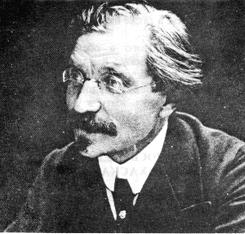As the fall semester winds down, I’m sorry to see it go. So many wonderful events took place over the past couple of months – illuminating faculty presentations, lively student get-togethers, spirited literary readings, stimulating star turns by visiting artists and curators from Israel and Poland – that extended the Program’s reach and enriched the GW community.

The spring semester promises to be equally full. Heading the list is our annual Fleischman Lecture, which this year will be held on March 19th at the DC-JCC, with whom we just launched a most promising and vital partnership. The lecture will be delivered by the estimable Alisa Solomon of Columbia University who will be speaking about the making of Fiddler on the Roof.
Fascinating on its own terms, this landmark cultural production also has special meaning for those of us who call DC home: It debuted at the National Theater before making its way to Broadway. (See Frank Rich’s evocative memoir, Ghost Light, for the surprising details.)
Keeping things in the family, so to speak, the Program will also host a two-day Sholem Aleichem fest on April 24th and 25th. The first part of the festival will feature, among other things, a staged reading in both Yiddish and English translation of several of Sholem Aleichem’s short stories. Professor Max Ticktin, as well as several students from GW’s Department of Theatre and Dance, will be doing the honors.
The second part of the festival will feature a screening of Joseph Dorman’s recently released and widely acclaimed documentary on Sholem Aleichem, Laughing in the Darkness. To gild the lily, the filmmaker himself will be on hand to share with us some of the behind-the-scenes tales of how he came to make the film.
With such wonderful events on the horizon, 2012 promises to stimulate our intellects, tickle our funny bones and engage our imaginations. Who can ask for anything more?


